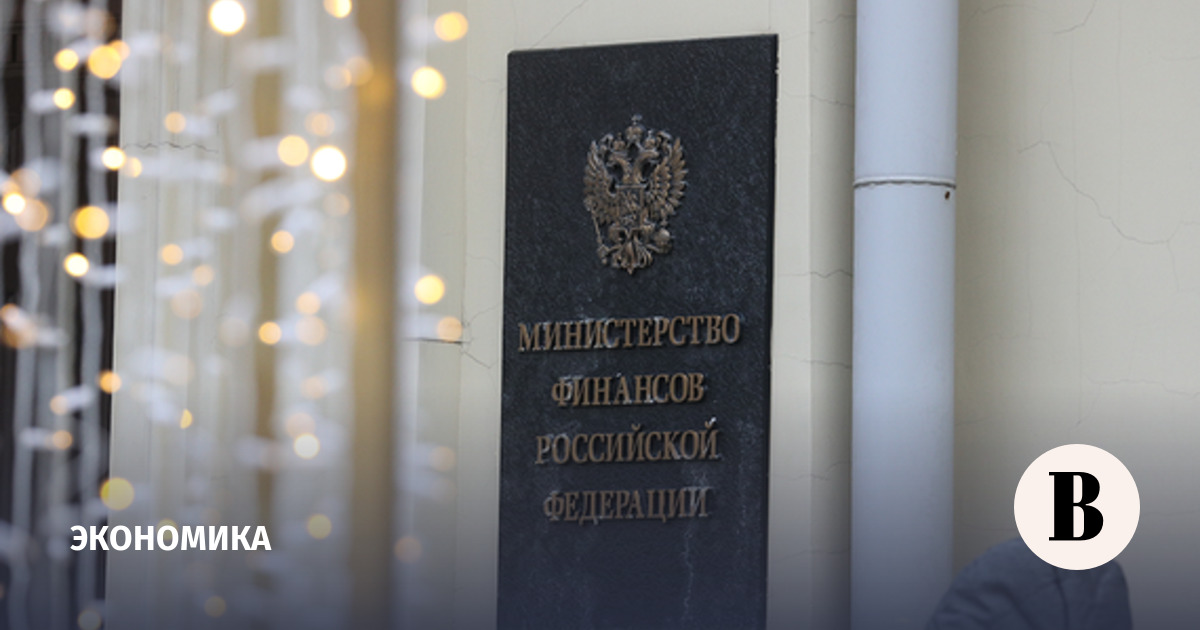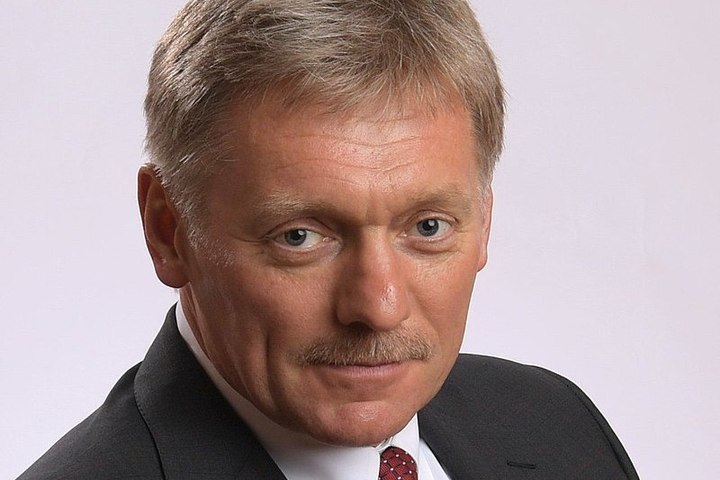"Kommunalka" will rise in price ahead of schedule - Newspaper Kommersant No. 177 (7378) of 09/24/2022

The next indexation of tariffs for housing and communal services (HCS) will take place seven months ahead of schedule - December 1, 2022 instead of July 1, 2023. The Ministry of Economy announced on Friday that tariff growth will average 9%. This will be their second increase this year - after the July indexation by 4%. The decision was made due to the need to update the utility infrastructure and the fact that in recent years indexation has been below the level of inflation. Experts note that the increase in tariffs is necessary due to the increase in the costs of housing and communal services.
The indexation of utility tariffs will take place earlier than usual - December 1, 2022, and not July 1, 2023, the Ministry of Economy announced on Friday, citing a government decision. The payment for cold and hot water, electricity, heat, gas and for the removal of municipal solid waste will increase. Thus, this year the tariffs for housing and communal services will be raised for the second time - on July 1, they were indexed by an average of 4% (in particular, in Moscow by 6%, in St. Petersburg by 6.3%, in the Sverdlovsk region by 2 ,9%).
Early indexation implies a more significant growth - the level of the December tariff increase will be up to 9%. Its exact level by region will be accepted by the authorities of the subjects - within the limits of the indexes approved by the White House.
It was promised that the next indexation will take place as planned - from July 1, 2024.
The Ministry of Economy explains the postponement of the deadlines by the need to “ensure the uninterrupted operation and development of the housing and communal services infrastructure” - in particular, its required renewal. Let us explain that the deficit of funds (tariff, non-tariff, extra-budgetary) for the modernization of housing and communal services is estimated at 4.6 trillion rubles. until 2030 (see "Kommersant" dated June 22). Alexei Yeresko, Deputy Head of the Ministry of Construction, notes that “over the past few years, the increase in tariffs has been significantly lower than inflation (according to the Ministry of Economy, twice as low in the last three years.— "b"), indexation of tariffs is dictated by the need for timely financing of operating activities for the uninterrupted provision of public services.”
The Ministry of Economy explained that the indexation of social benefits in 2023 will be calculated taking into account the transfer of tariff growth - it will be made “based on the actual inflation value of this year” (expected at 12.4%). The Ministry of Economy and the Ministry of Construction on Friday also recalled benefits for part of the population and social support measures - for example, if the payment for a "communal" is 22% higher than the total family income, then citizens have the right to a subsidy (2 million people receive it).
“Undoubtedly, such a decision will become an additional burden on citizens,” says Pavel Sklyanchuk, an expert at the All-Russian People’s Front “Housing and Urban Environment”. In this regard, he believes, the decision to postpone indexation should be followed by an expansion of the categories of persons who can rely on a subsidy for paying utility bills. The general director of the Institute for Urban Economics, Alexander Puzanov, argues the same way: “If this decision is accompanied by a softening of the parameters of housing subsidies, then the negative effect can be largely smoothed out - for example, it has long been said about reducing the share of spending on communal services - maybe it is worth looking at these issues again, in terms of the expected increase in the burden of spending on housing and communal services.” In his opinion, in cases where the constituent entities of the Russian Federation do not have budgetary opportunities for this, one can think about federal support for regions with the lowest budgetary provision and with the highest tariffs for housing and communal services - for example, the northern and Far Eastern territories.
Ilya Dolmatov, director of the Institute for Economics and Regulation of Infrastructure Industries at the National Research University Higher School of Economics, calls this decision “a compromise”: “Inflation this year has clearly gone beyond last year’s plans, which means that the costs of housing and communal services have increased, in particular, when purchasing materials and equipment.” According to him, the increase in tariffs is necessary so that companies operating in the industry can continue their production activities. “On the other hand, indexation is not carried out at the level of expected inflation - over 12%, so the inflation factor will not be fully compensated, and tariffs will not change for the next year and a half,” says Ilya Dolmatov. However, according to Pavel Sklyanchuk, the "ceiling" system has reached its limit. “In a year and a half, the government already needs to approach indexation with other decisions - on the differentiation of tariffs depending on consumption volumes,” the expert says.




